Most Famous Oscar Score Snubs From ‘Psycho' to 'Jurassic Park’
- Oops!Something went wrong.Please try again later.

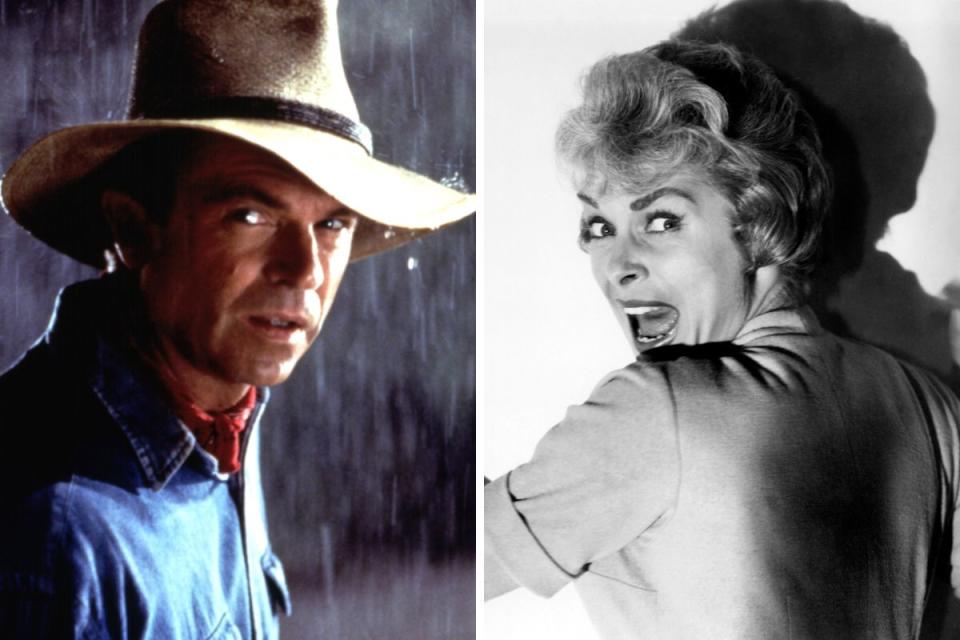
In an ideal world, the Academy’s music branch would watch all the movies and decide which five have met the criteria for excellence in musical scoring.
More from Variety
But we all know that many other factors come into play: Was the film commercially successful? Is the composer already popular with his or her peers? Have voters been swayed by an effective campaign?
In fact, dozens of fine scores have been ignored by the Academy over the years. And a handful have gone down in history as among the overlooked gems of the past eight decades:
Laura (1944)
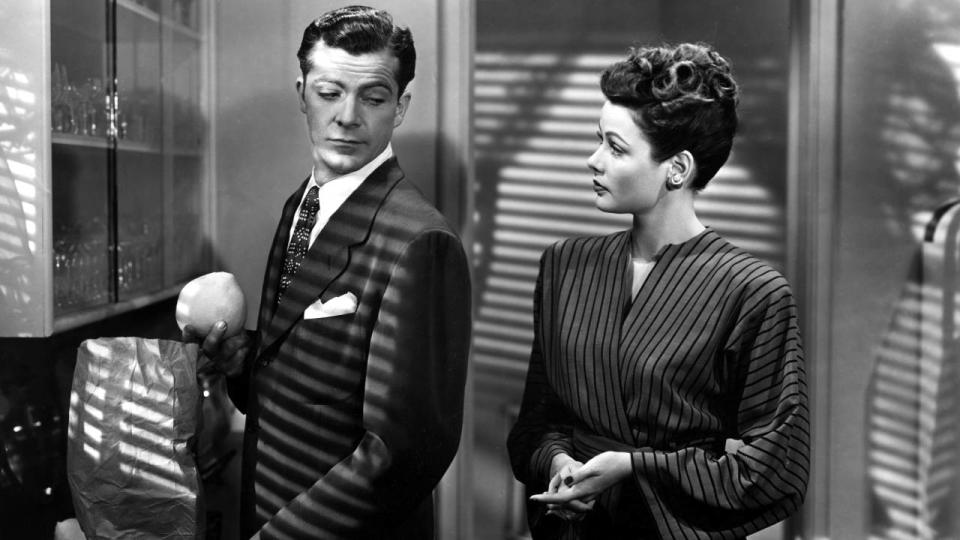
David Raksin’s haunting music for the murder mystery starring Dana Andrews and Gene Tierney was, by far, the most popular score of the 1940s at 20th Century Fox. But in that era, studios submitted their own choices to be nominated and Fox production chief Darryl F. Zanuck’s pet project that year was “Wilson,” a biopic of the 28th president. “Wilson” was nominated instead.
The Robe (1953)
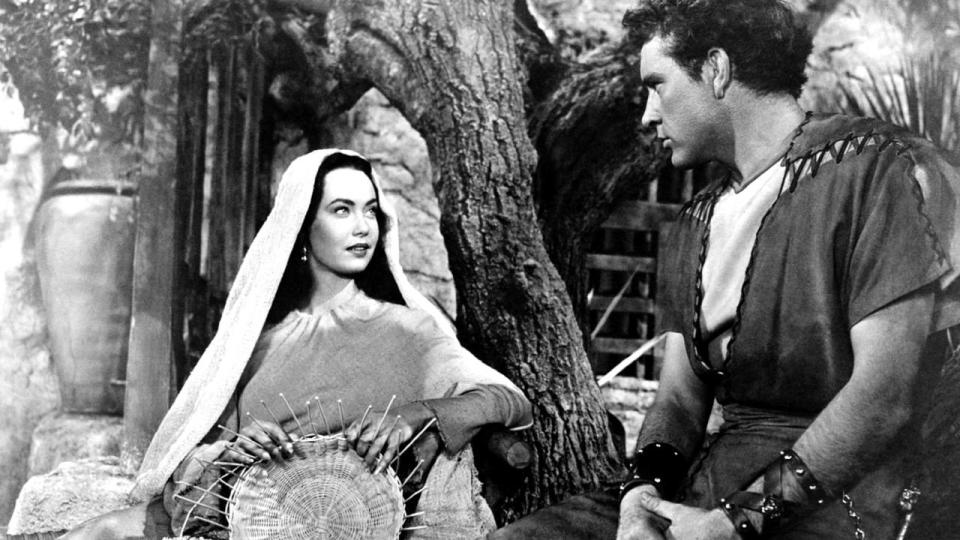
Alfred Newman’s lavish, orchestral-and-choral score for the religious-themed Cinemascope epic starring Richard Burton is still considered among his finest. But the film was terrible and voters skipped it. Newman won in a different category that year, as musical director of the Ethel Merman musical “Call Me Madam.”
Anatomy of a Murder (1959)
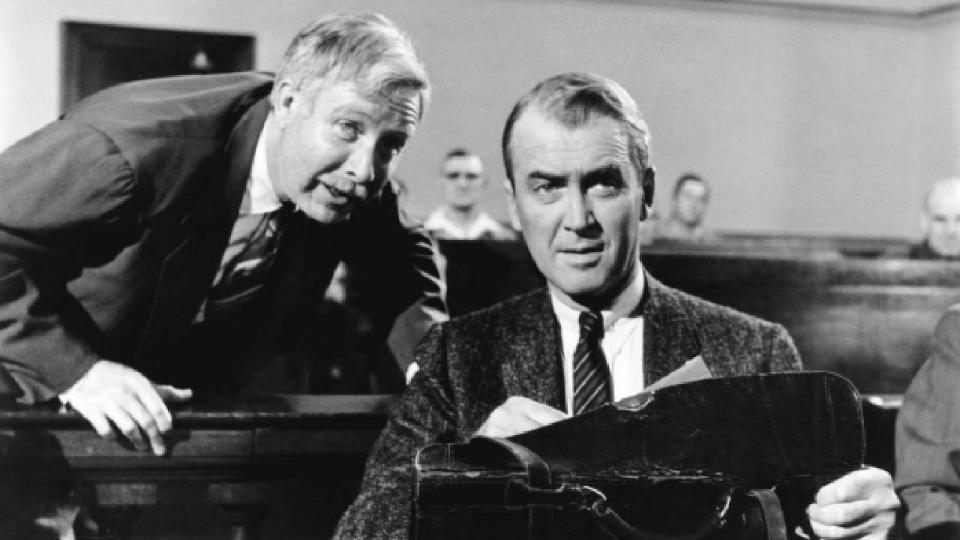
This was Duke Ellington’s first movie score, and the first studio film to credit a Black composer. Voters nominated “Pillow Talk” but not Ellington’s stunning jazz score. No matter; he won three Grammys for it. Ellington was Oscar-nominated for “Paris Blues” two years later.
Psycho (1960)
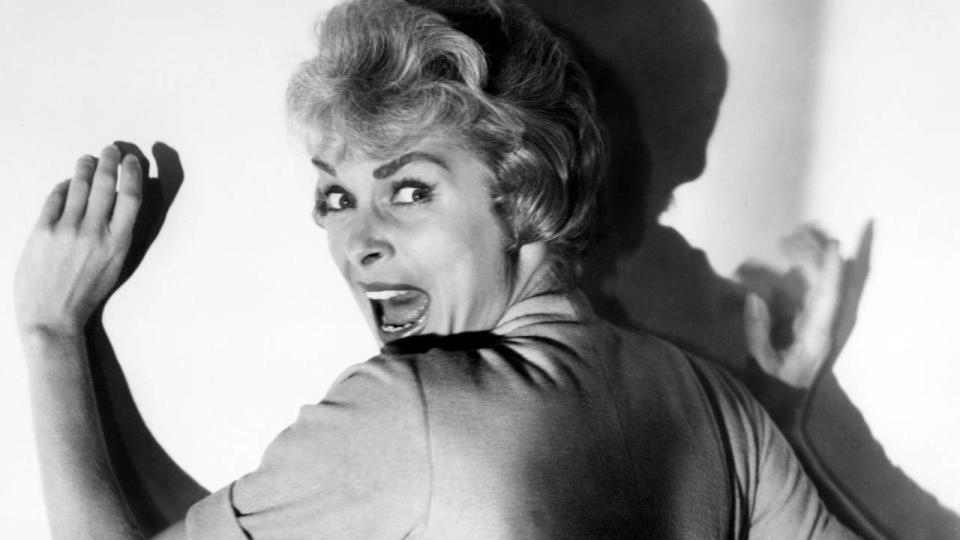
Bernard Herrmann’s all-strings score for Alfred Hitchcock’s suspense classic was ignored by both critics and Oscar voters (as were his earlier scores for Hitch, including “Vertigo” and “North by Northwest”). But Herrmann was no fan of competitions and had antagonized many fellow composers through the years, so the lack of recognition came as no surprise.
The Godfather (1972)
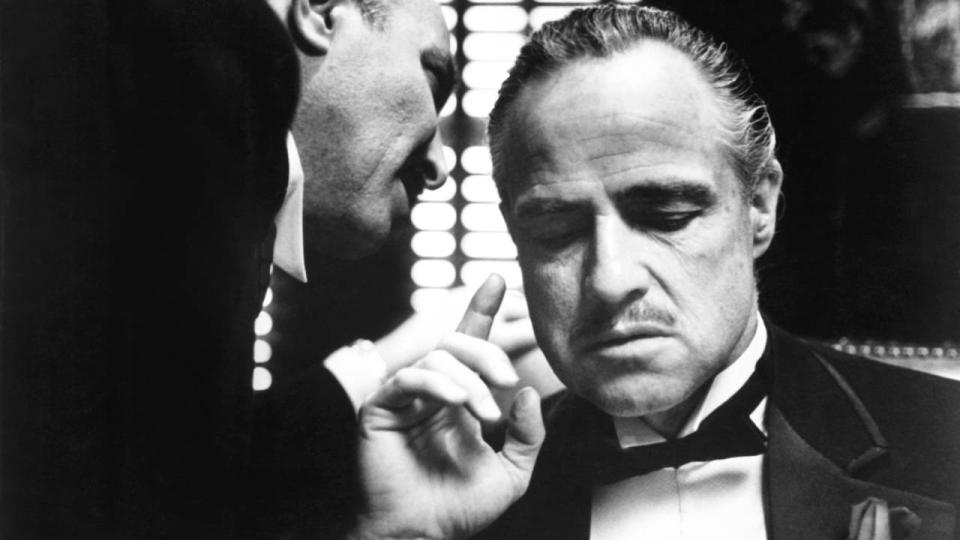
Nino Rota’s indelible score was nominated, briefly. But it was quickly disqualified when the Academy learned that his love theme had actually originated in a 1958 Italian film. The Academy made it up to Rota two years later, awarding him the Oscar for “Godfather II.
Conan the Barbarian (1982)
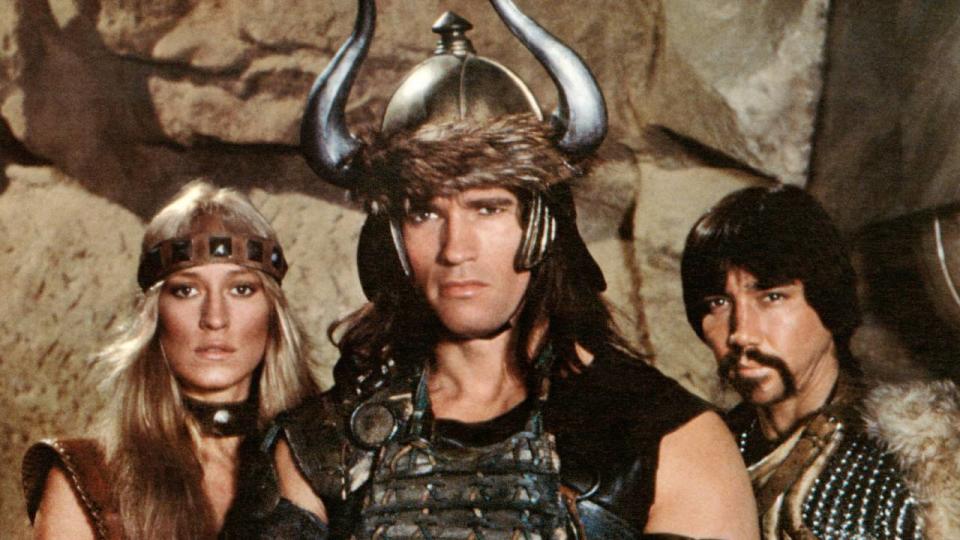
Basil Poledouris’ powerful score for John Milius’ sword-and-sorcery epic starring Arnold Schwarzenegger is today considered one of the finest ever written in the fantasy field. But despite huge box office returns, the film was not taken seriously by critics and was ignored at awards time.
Once Upon a Time in America (1984)
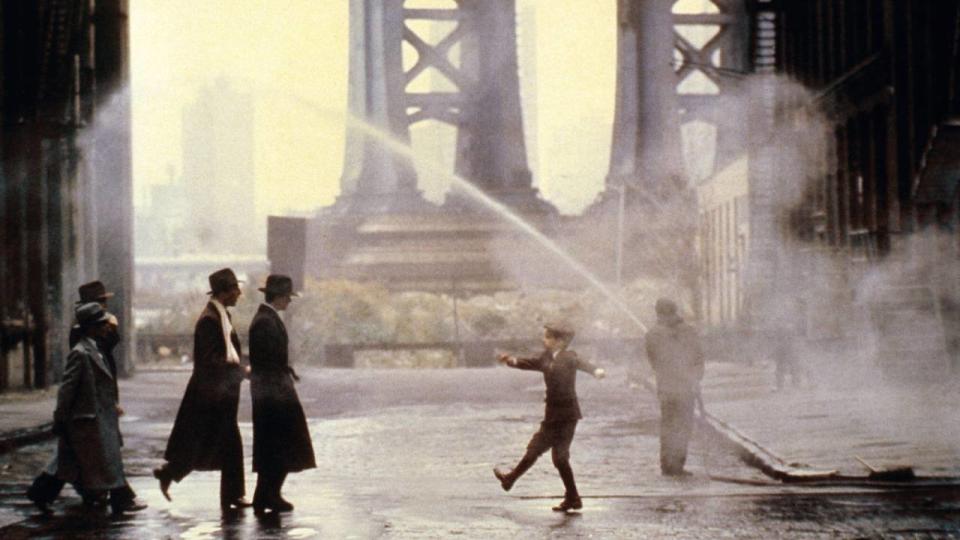
Ennio Morricone’s evocative music for Sergio Leone’s four-hour period crime drama is considered a masterpiece. But producer the Ladd Co. thought distributor Warner Bros. was entering it, and vice versa. So nobody entered the score and Morricone (who had, at that point, only received a single Oscar nom) didn’t even make the eligibility list.
Batman (1989)
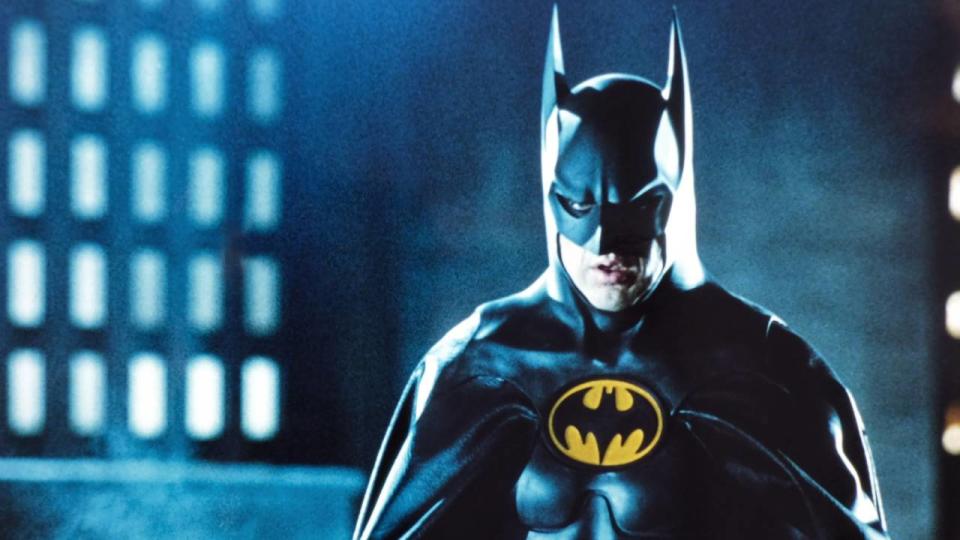
Danny Elfman’s grandest, darkest score was handicapped at the Oscars by his background as a rock ’n’ roller with no formal musical training. Voters simply refused to believe he could have written this massive Gothic symphony without help. He won a Grammy anyway.
Jurassic Park (1993)
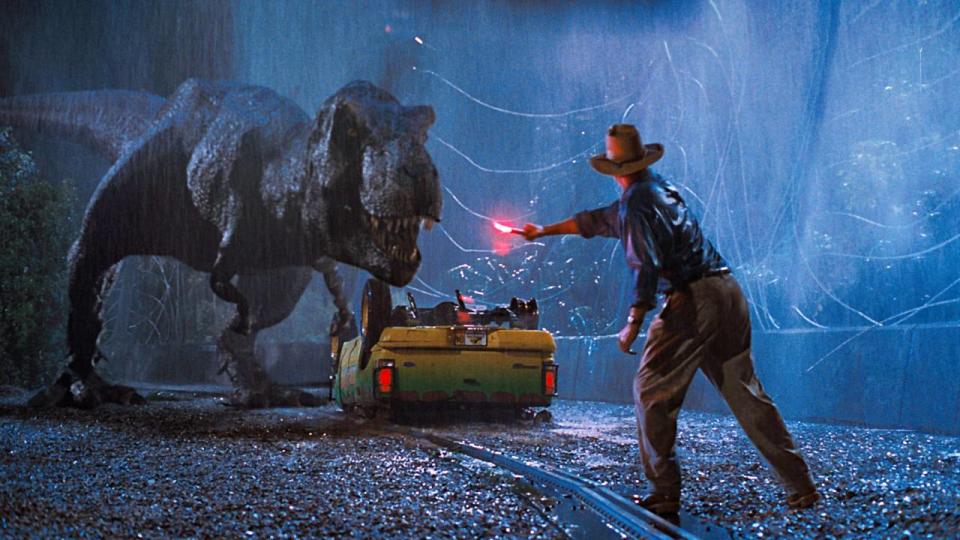
John Williams wrote two scores for Steven Spielberg that year, winning for “Schindler’s List.” But Williams’ touching music for the dinosaurs of Spielberg’s other film (based on Michael Crichton’s novel) is a favorite of millennials and elicits some of the biggest cheers at his concerts.
Requiem for a Dream (2000)
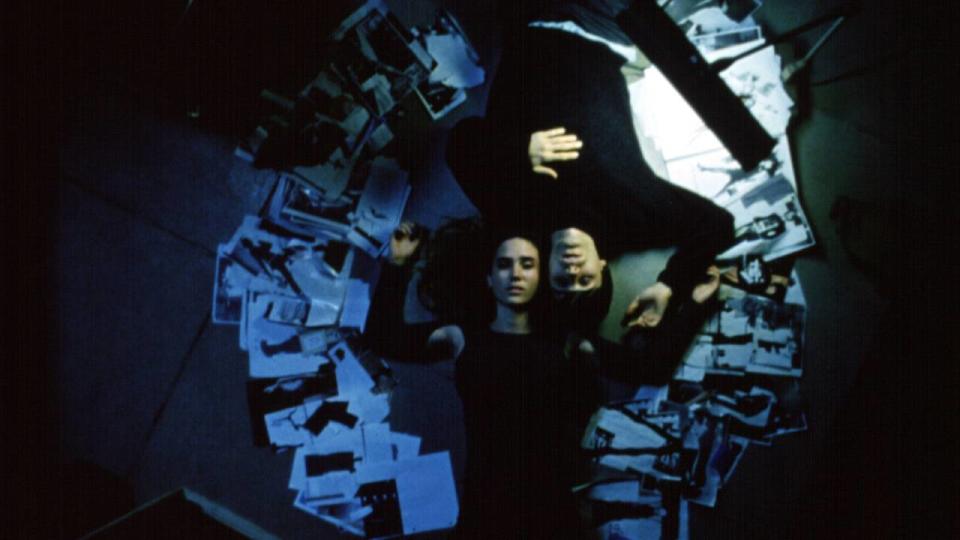
Clint Mansell’s minimalist music for Darren Aronofsky’s harrowing drug-addiction film was played by the famed Kronos Quartet. Ignored at the time, it’s now widely admired and often remixed, perhaps the composer’s most popular work.
Best of Variety

